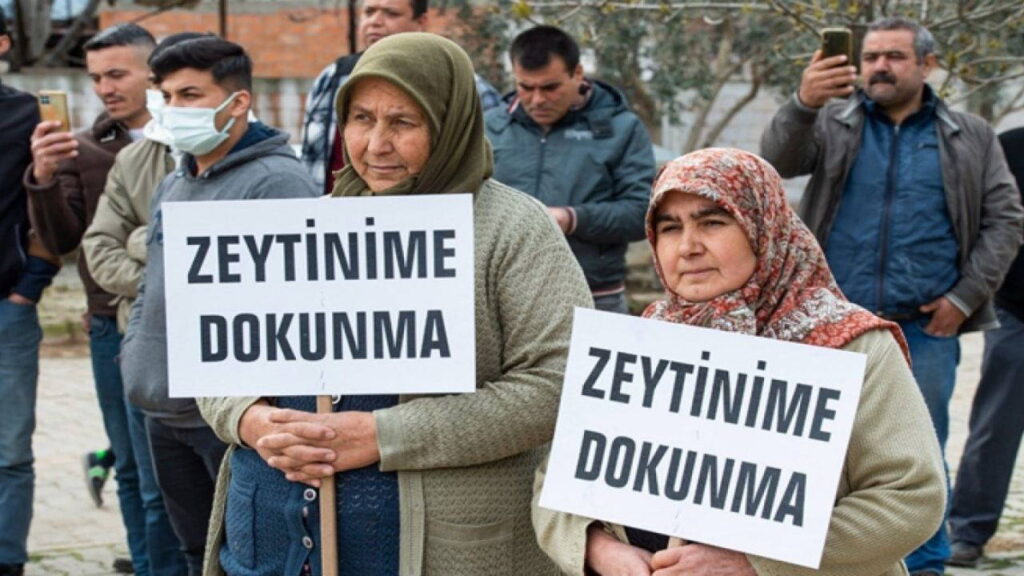A new legislative package containing 22 articles, titled the “Law Proposal on Amending Some Laws,” has been formally presented to the Turkish Grand National Assembly (TBMM) Presidency, as announced by AKP Group President Abdullah Güler. The proposal includes a series of regulations primarily focused on the energy sector.
Providing details about the new bill, Güler emphasized the evolving role of energy. “Energy security is no longer solely an economic concern; it now forms the bedrock of national sovereignty, development, and our international competitive strength,” he stated. “We have submitted this law proposal to the TBMM today with the objectives of reinforcing Turkey’s energy supply security, maximizing the use of domestic and renewable resources, and aligning mining operations with environmental standards.”
Güler highlighted that since 2002, nearly $1 trillion has been spent on energy imports. He pointed out that while energy and mining imports amounted to $96.5 billion in 2022, substantial investments have successfully reduced this figure to $65.6 billion in 2024. A significant increase in the nation’s installed power capacity was also noted, growing from 31,846 megawatts in 2002 to 118,668 megawatts as of April 2024. The projected target for 2025 is an ambitious 226,700 megawatts.
The proposal aims to clarify environmental responsibilities in mining and bring them into compliance with the principle of legality. The concept of a rehabilitation fund is being redefined, making it a financial obligation that will be exclusively used for restoring sites to nature, with its value tracked and indexed. Furthermore, the practice of acquiring mining licenses for sites without any subsequent investment is being eliminated. License extensions will now be contingent upon meeting production commitments, and failure to achieve specified production rates could lead to the revocation of the license. Special regulations are being introduced for strategic and critical minerals, which may involve expedited expropriation when necessary, the imposition of stockholding obligations, and a focus on public interest. All permitting processes will be monitored through a unified system. It will become mandatory to secure all necessary permits, including the Environmental Impact Assessment (ÇED), before a license is issued, ensuring coordination. A dedicated board will be established to resolve disputes between different institutions. A mandatory investment guarantee is also being introduced to prevent investors from holding licenses merely on paper and to prioritize those with genuine intentions to invest.
Significant domestic energy discoveries were also referenced. On August 4, 2020, the largest gas discovery in the Black Sea was made in the Karadeniz-Sakarya field, which currently produces 9.5 million cubic meters daily for national consumption. The goal for 2028 is to increase daily output to 40 million cubic meters, which would directly benefit over 17 million households, up from the 4 million currently served. Additionally, on May 5, 2021, the country’s largest onshore oil discovery occurred in the Şırnak-Gabar field. Current daily production there stands at 81,066 barrels, with investments planned to raise this to a year-end target of 100,000 barrels.
The bill is also designed to streamline bureaucracy and accelerate investment. “With this regulation, bureaucracy in mining is reduced, permit processes are expedited, and predictability for investors is enhanced,” Güler explained. Currently, obtaining all necessary permits in the energy and mining sectors can take an average of 42 to 48 months. “Our proposal aims to shorten this timeframe to an average of 30 months,” he added. This will be achieved through measures such as reducing the time for institutional reviews, simplifying forest and pasture permits, allowing simultaneous applications for ÇED processes, and implementing a ‘deemed approved’ status for strategic mineral permits, all of which address factors that seriously delay investments. With 4,315 exploration licenses and 7,148 operation permits currently active, Güler asserted that managing this large-scale structure with a more modern, efficient, and environmentally conscious system has become essential.
Reflecting on energy production, Güler remarked, “While Turkey’s total energy capacity was 31,846 megawatts in 2002, we have now reached 118,668 megawatts. We are meeting all residential consumption needs from wind and solar. Domestic and national sources account for 60% of total production.” He then addressed the justification for the more controversial aspects of the bill. “Recently, European countries have experienced sudden power outages. Studies show these are caused by regional weather changes affecting renewable energy generation fed into the grid. To counter this, baseload power plants must be able to intervene quickly. The intermittent nature of energy from renewable sources means that thermal and nuclear power plants are needed to support the system during sudden drops in production. However, we face difficulties in accessing coal because the reserves for our thermal plants are often located in basins containing pastures, forests, or olive groves. Due to legal barriers, we are experiencing production challenges as we cannot reach this coal, despite its cost-effectiveness. We have added a provision that makes a specific arrangement for these areas—pastures, forests, and olive groves—solely for the purpose of utilizing these reserves to support our baseload thermal plants. At a time when renewable energy sources are increasing, we need to enhance the capacity of our thermal plants to step in during sudden fluctuations and prevent power cuts. By allowing for the relocation of these olive groves, we aim to access the underlying reserves and provide a safeguard for our energy supply security, ensuring our baseload plants can be deployed effectively when needed.”
